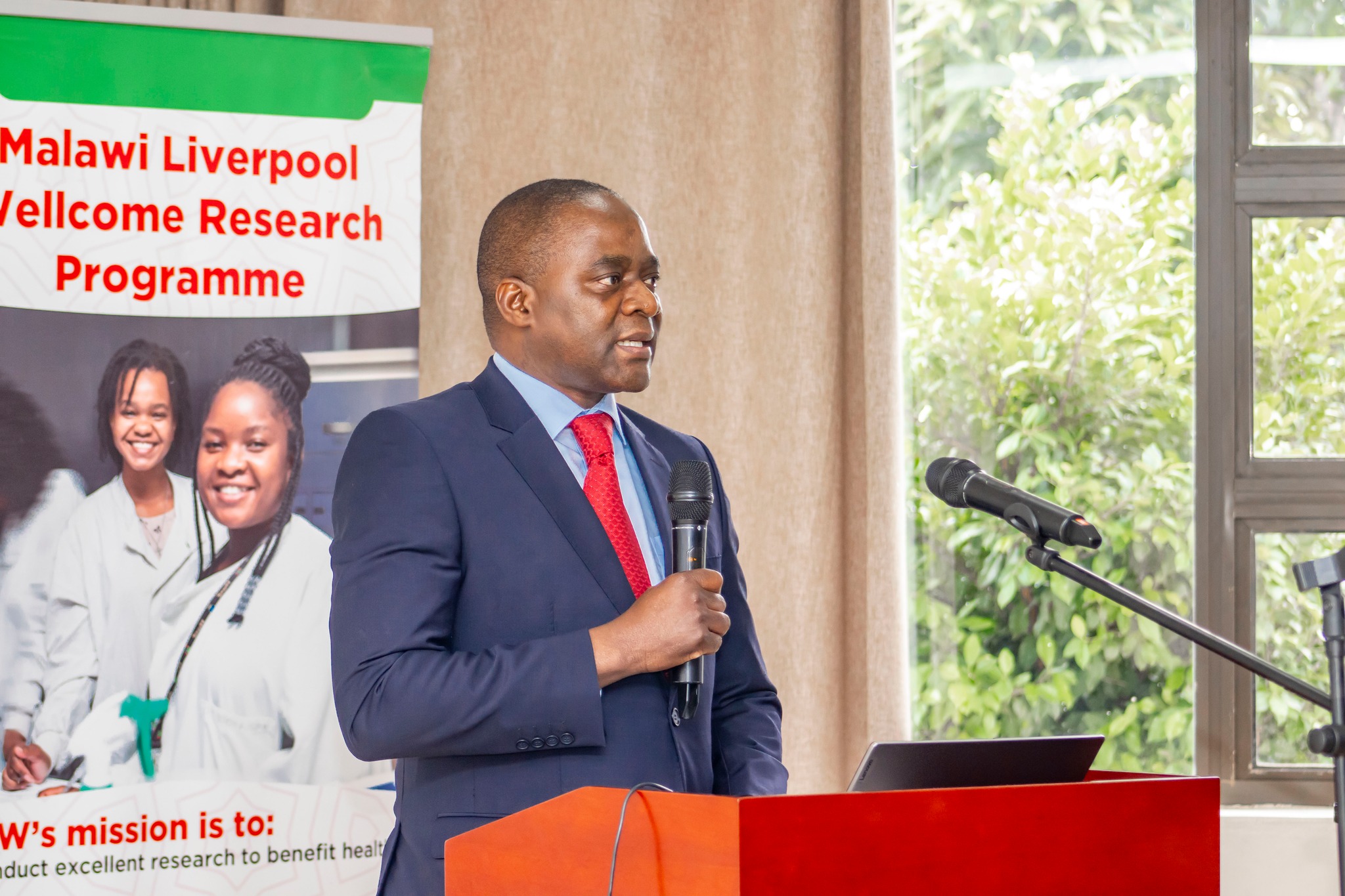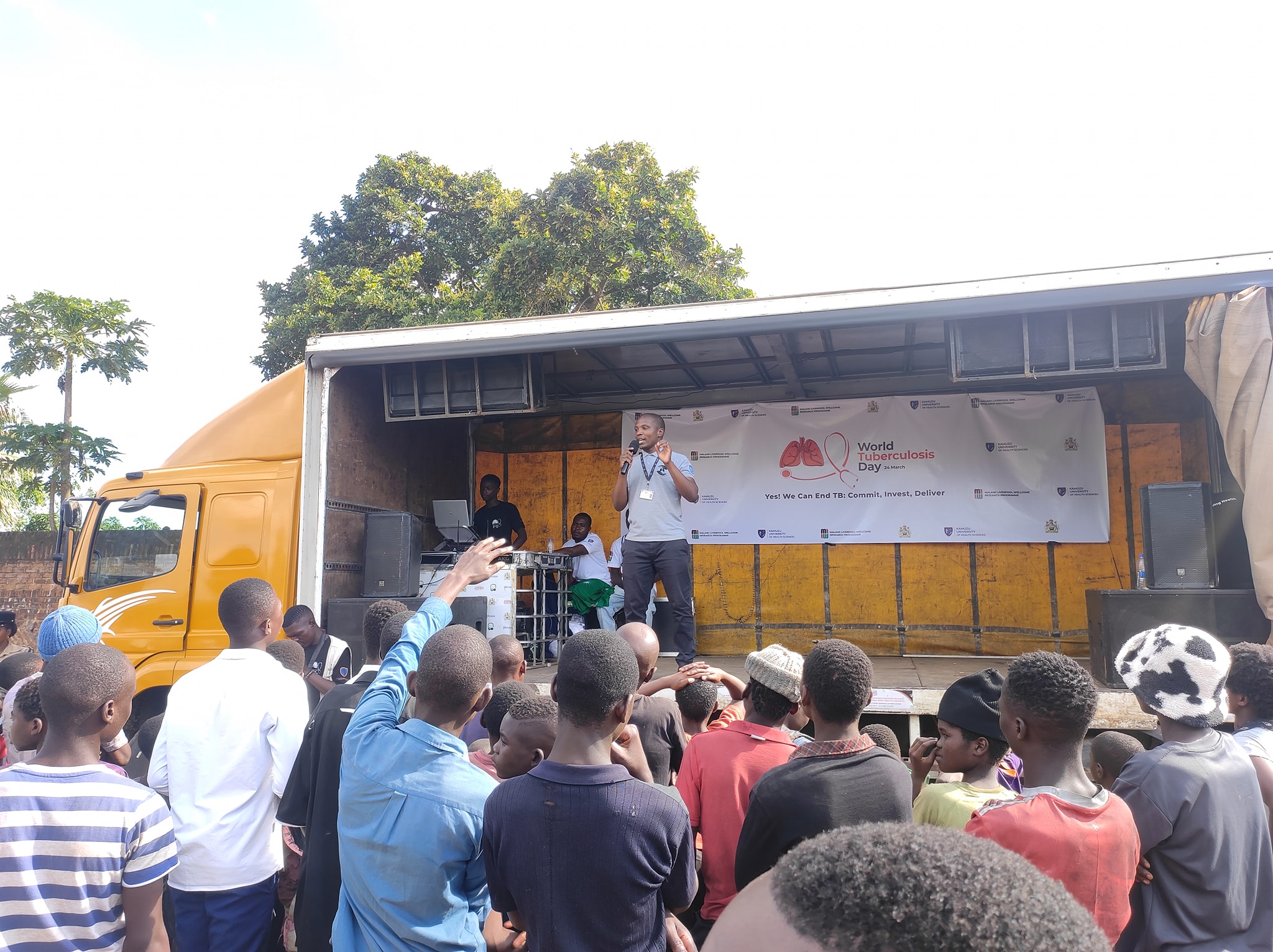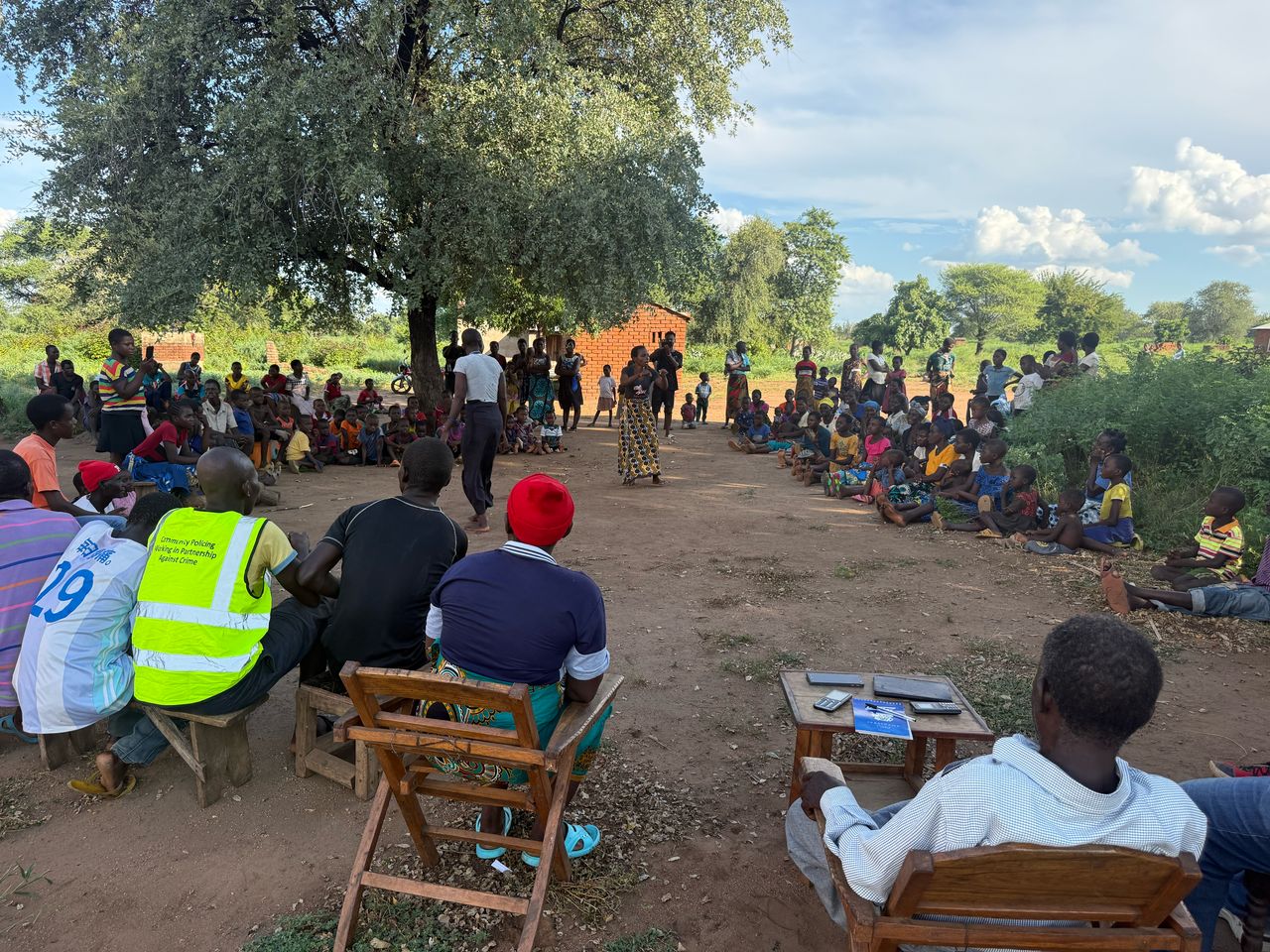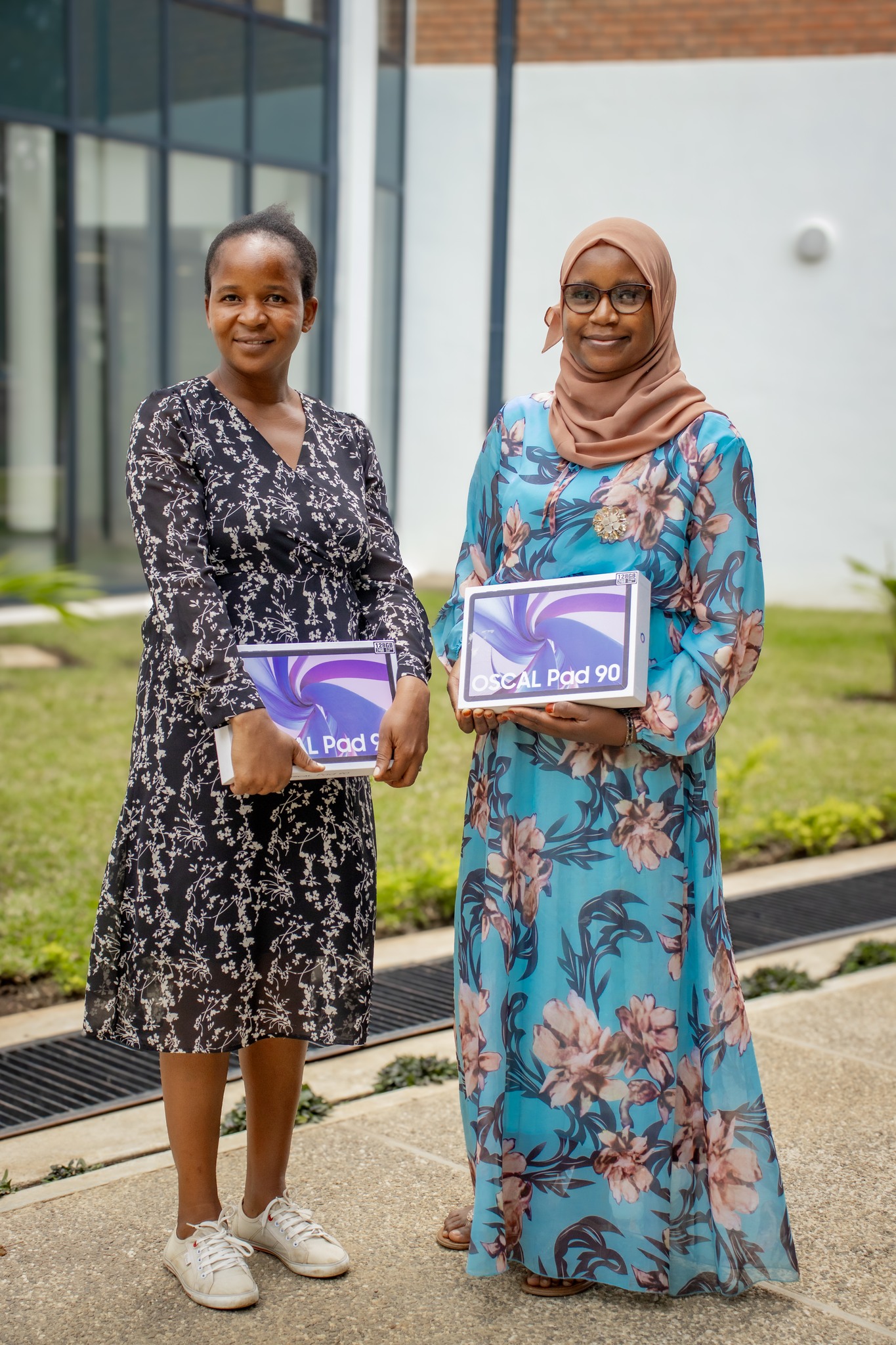The Malawi Liverpool Wellcome Research Programme (MLW) played an essential role in the TB Evidence Day event 2025, convening key policymakers, researchers, health professionals, and development partners to discuss the latest advancements in Tuberculosis (TB) research and explore strategies for enhancing domestic TB financing in Malawi.
The day that took place on the 19th of March 2025, was jointly organized by the Parliamentary Health Committee and TB Caucus, alongside Malawi partners of the UK Aid-funded LIGHT Consortium – the Malawi Liverpool Wellcome Research Programme (MLW) and the African Institute for Development Policy (AFIDEP). It served as a crucial platform for initiating engagement and driving action in the fight against TB.
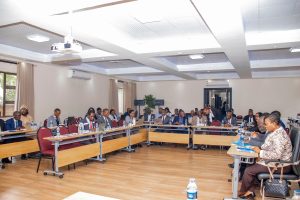
Professor Henry Mwandumba, the Director of MLW, underscored the significant burden of tuberculosis, emphasizing the need for a unified approach to combat the disease. He highlighted Malawi’s crucial role in this global effort, stating, “The fight against TB is much larger than the borders of Malawi, it’s a global fight, but Malawi has a vital role to play largely because of the extensive experience we have in controlling TB; our track record is really spectacular for the last several decades.”
The Speaker of Parliament, Honourable Catherine Gotani Hara, graced the gathering as the guest of honor. She emphasized the power of collaboration and innovative financing in enabling Malawi to overcome the disease and stressed the importance of data and findings from experts for the government in its planning and resource allocation, particularly within the healthcare sector. Honourable Hara also commended the Malawi Liverpool Wellcome Research Programme and its partners for their dedicated efforts towards TB elimination and expressed her belief in Malawi’s capacity to achieve this goal.
The event featured presentations of research findings from various TB studies conducted by MLW and the Kamuzu University of Health Sciences (KUHES). A key focus was the ongoing M72 Vaccine trial, sponsored by the Gates Medical Research Institute, which is currently in its follow-up phase in Malawi. This trial aims to evaluate the vaccine’s effectiveness in preventing TB, identify potential side effects, and generate crucial data to inform the development of improved TB prevention methods, acknowledging the urgent need for better alternatives to existing vaccines in high-burden settings like Malawi.
Encouraging progress in the fight against TB was presented by Dr. Augustine Choko, MLW’s lead for the Public Health group. His data highlighted a significant reduction in TB cases in Malawi, indicating that national interventions are having a positive impact, although cases remain above elimination targets. “The number of new TB cases is falling over time, and the target is to have one case per one million population. Hopefully, the data shows that we are on the right track,” Dr. Choko stated.
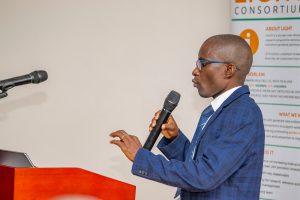
A landmark outcome of the collaborative efforts and the evidence presented at the event is the government of Malawi’s commitment to establish a dedicated budget line for funding TB. Dr. Mathews Ngwale, Chair of the Parliamentary Health Committee, announced the development, stating, “TB is killing more people than HIV and AIDS combined in Malawi. That is why, through the concerted effort of parliament, there will be a budget for TB for the first time in Malawi. This funding will be crucial in scaling up prevention, diagnosis, and treatment efforts across the country.” This dedicated funding represents a major step forward in Malawi’s commitment to ending the TB epidemic and shows the impact of research in informing policy decisions
